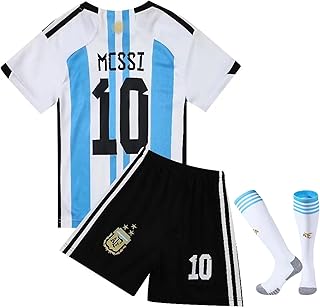St Kilda Football Club recently announced a significant sponsorship deal with an iconic Australian brand, Reflex, on International Women’s Day. The partnership, spanning five years, marked a milestone for the club’s women’s team, the Southern Saints. The players, unaware of the deal until the announcement, were elated at the news, highlighting the importance of such support in a male-dominated industry.
However, the sponsorship stirred a debate that extended beyond the football field. In Victoria’s central highlands, long-time forest conservationist Sarah Rees expressed concerns over Reflex’s parent company, Australian Paper, and its impact on the environment. Rees, who has dedicated years to protecting native forests and wildlife, including the endangered Leadbeater’s possum, found herself conflicted between supporting the women’s team and advocating for conservation.
The clash of interests between sports sponsorship and environmental conservation came to the forefront as supporters, including Rees and the Knitting Nannas of Toolangi, voiced their concerns. The Nannas, known for their activism against logging in Toolangi Forest, took a creative approach by yarn-bombing logging sites with messages urging a rethink of the sponsorship deal.
Environmental experts have raised alarms about the detrimental effects of industrial clearfelling on Victorian ecosystems, emphasizing the need for sustainable practices in the paper industry. Despite calls for sourcing pulp logs from plantation estates, Australian Paper continues to rely on native forests, sparking criticism from conservationists and the public alike.
Government officials and industry figures have been at odds over the ethical implications of supporting companies like Australian Paper, with accusations of environmental degradation and corporate favoritism surfacing. The ongoing debate underscores the broader societal shift towards sustainability and corporate responsibility.
While the controversy surrounding the Reflex sponsorship persists, efforts to find common ground and explore alternative solutions have emerged. Calls for transitioning to 100% recycled paper and engaging in meaningful dialogue between stakeholders signal a potential path towards a more sustainable future for both sports sponsorship and environmental conservation.
In the midst of this debate, the AFLW’s role in driving ethical considerations to the forefront has not gone unnoticed. The intersection of sports, corporate sponsorship, and environmental activism reflects a changing landscape where values and principles are increasingly influencing business decisions and public discourse.
📰 Related Articles
- Whip Controversy Surrounding Jockey Alvarado’s Kentucky Derby Win Sparks Debate
- Viral Wedding Cake Prank Sparks Divorce Debate Among Couples
- Viral Wedding Cake Prank Sparks Debate on Respect and Boundaries
- US Vice-President Sparks Debate at Munich Security Conference
- Supreme Court ‘Gay Wedding Cake’ Ruling Sparks Global Debate






